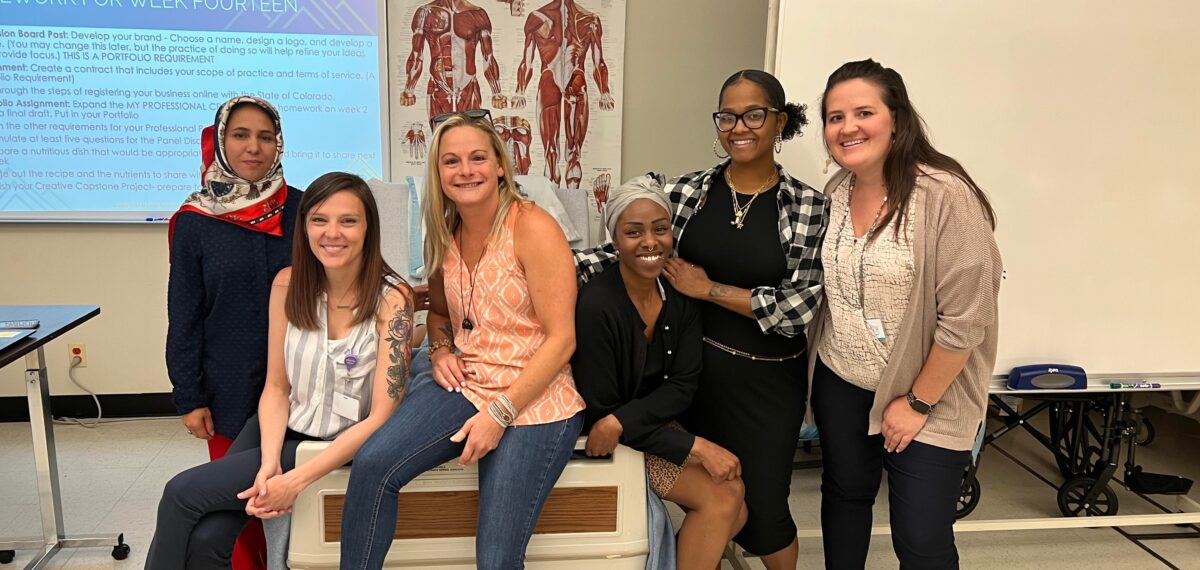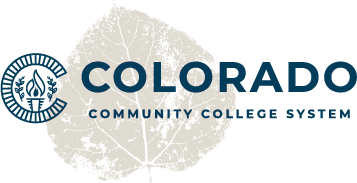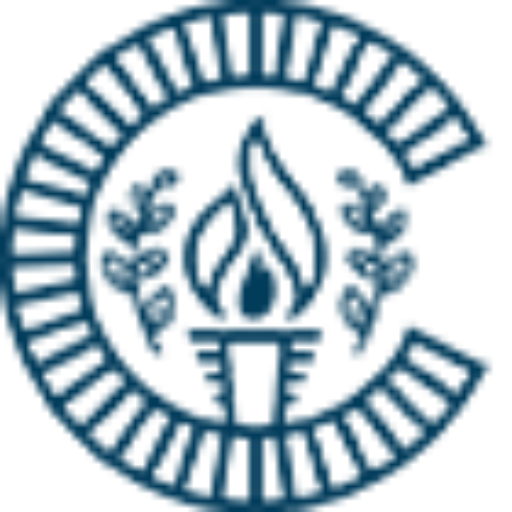CCCS News
“Where Need Meets Care”: Community College of Aurora Graduates First Doula Cohort


Instructor Krystal Bruchs leads a class of four doula trainees: Blake Schroeder, Tiarra Williams, Asma Elham, and Jahala Walker (left to right).
Four students sat in a semicircle around their instructor, Krystal Bruchs, in a classroom at Community College of Aurora’s (CCA) Center for Simulation. The group was discussing their final project as Bruchs ticked off the requirements.
“Remember, your marketing portfolio should have a logo and tagline. And don’t forget to register your business with the State of Colorado before the last day of class.”
This is no ordinary business course, though: it’s part of the college’s first doula training program, taught in partnership with Allo Doula Academy. Combining traditional doula techniques with entrepreneurship skills, the 15-week program is helping professionalize an industry that has long been considered a hobby, Bruchs said.
“Anyone can say they’re a doula, and most schools only give a two-day training,” she said. “It’s really filling a lot of gaps to have a comprehensive class that covers everything from the doula support to creating the business.”
It’s really filling a lot of gaps to have a comprehensive class that covers everything from the doula support to creating the business.
Most students receive federal grants to cover the cost of their training, which is rigorous. The class meets in-person for four hours each week, learning everything from physical supports—such as different laboring positions and pain relief measures—to coaching loved ones to take part in the birthing process. After successfully passing their midterm exam, students begin 55 hours of clinical work at the Medical Center of Aurora.
“We have the opportunity to see all different types of births,” said Blake Schroeder, one of the cohort members. “We work on lactation support and postpartum care. There was a mom the other day who the only wanted to formula feed. By the end of it, she was breastfeeding her baby. She was like, ‘I never thought I could do this.’”
Some of the cohort members are already working outside of their required hours. Asma Elham, a former midwife in her home country of Afghanistan, was called in by the clinic to support a patient who didn’t speak English. Having a doula with whom the patient could communicate—and validate her cultural background—was an immense comfort, Elham said. After spending 12 hours with the patient, Elham coordinated a meal train and helped her plug into Aurora’s wider Arab community.
“I worked in labor and delivery before, but over the past few weeks my experience at the clinic has been different,” said Elham, who originally planned to become certified as midwife again but now intends to continue as a doula. “I’ve learned how to be supportive emotionally.”
Beyond the clinical training, students also pick up basic entrepreneurship skills—from marketing and resume writing to recruiting clients. This broadens students’ career options, whether they apply for a doula job with an existing company or launch their own business, said Jenn Scott, CCA program support specialist for workforce and professional development.
Because I enjoy making connections throughout the community, I just want to be able to expand and make this a more well-known career.
While most trainees plan to work as doulas, Jahala Walker wants to share her knowledge with others. She says many don’t realize they can call on doulas or become one themselves.
“I’ve naturally always been a teacher,” she said. “Because I enjoy making connections throughout the community, I just want to be able to expand and make this a more well-known career.”
If enrollment is any indication, interest in the field is growing. CCA and Allo will start the next cohort in coming weeks, jumping from just four students to 34. That’s partially because as demand for doulas grows, so does its perception a viable career path, said Sarah Lind of Allo. Doulas can make anywhere from $800 to $2,000 for each birth, depending on their experience and services, and $25-$50 per hour for postpartum support.
In fact, the CCA students have been so successful that hospitals are starting to take note, Lind said.
“The amount of support that the students have been able to provide to the hospital staff and to the patients has led us down a path of discussing actual permanent positions at the hospital, not just as private hires,” she said.
While the doulas-in-training are certainly excited for their next step, they see the profession as more than a way to make a living, but a true calling.
“This experience has definitely been life-changing,” said trainee Tiarra Williams. “We are where need meets care—that’s the space we hold as doulas.”
For more information on the program, contact Jenn Scott, CCA program support specialist for workforce and professional development.


